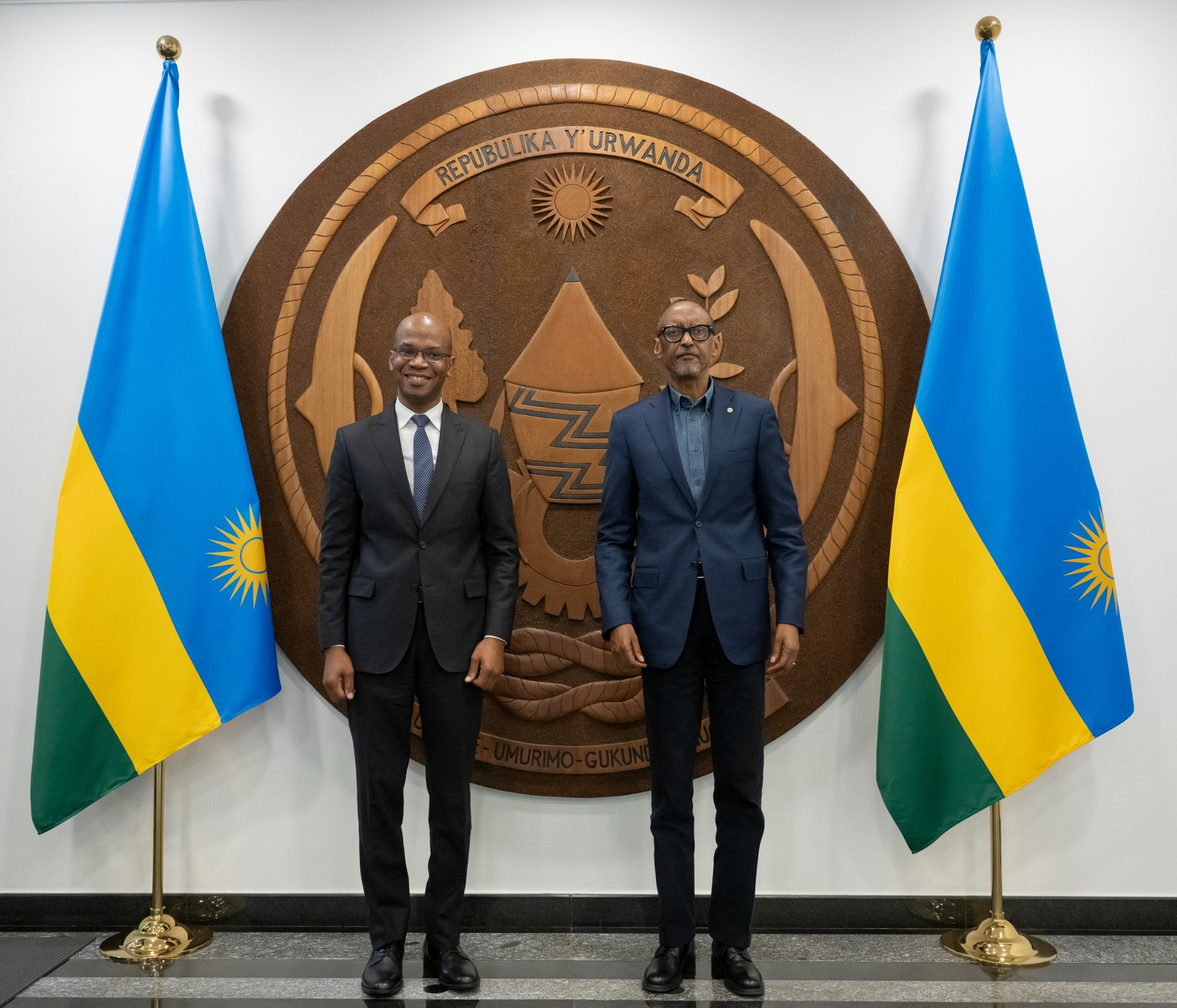Tanzanian Foreign Minister, January Makamba, concluded a productive four days official visit to Rwanda, highlighting the strengthening bonds between the two East African nations.
Leading a delegation comprising senior officials from various ministries, Makamba reiterated the importance of the bilateral relationship during his stay in Kigali.
Expressing the mutual commitment to bolstering relations, Makamba said that, “Rwanda is our neighbour and friend. My visit here reaffirmed our shared dedication to enhancing our ties.”
He further echoed the sentiment conveyed by President Kagame, emphasizing the shared history and destiny binding the two nations.
Central to the discussions was the mutual endeavor to boost trade and connectivity. Given Rwanda’s heavy reliance on Tanzania’s port of Dar es Salaam for imports, the two nations have pledged to streamline trade processes.
More than 80% of Rwanda’s cargo passes through Tanzania, necessitating efforts to facilitate smoother trade operations.
In a bid to enhance connectivity, Tanzania has taken concrete steps, including the establishment of Tanzania Port Authority (TPA) offices in Kigali and the allocation of land for dry ports at strategic locations. Makamba affirmed, “We’ve committed to being a reliable partner in this area and are eager to expand this business.”
Beyond trade, cooperation in sectors such as agriculture and ICT were also explored.
Initiatives like joint agriculture research and plans to establish a new border post in Kyerwa district, northern province, to strengthen cross-border collaboration and facilitate the movement of goods and people.
Highlighting this initiative, Makamba stated, “We’ve also decided to work on opening a new border post in Kyerwa district in Kagera to enable easier movement of goods and people.”
Such endeavors seek to enhance trade facilitation and spur economic development in the border region.
In response to the diplomatic efforts of Makamba and Rwandan officials, media expert Eric Kabera expressed his admiration, stating that, “This (sic) warms my heart.”
“Very rare you find regular diplomats and politicians on our continent articulate the above. I wish others could emulate. The Mwalimu Nyerere and the Paul Kagame philosophy is taking shape.”
Kabera’s remarks underscore the significance of ethical leadership and diplomatic dialogue in addressing complex regional challenges.
However, against the backdrop of burgeoning diplomatic ties, concerns persist over the volatile situation in the neighboring Democratic Republic of Congo (DRC).
Tanzania’s involvement in military operations against the M23 rebel group, largely composed of Kinyarwanda-speaking Congolese, has raised eyebrows.
The M23 rebellion, intertwined with the presence of the Democratic Forces for the Liberation of Rwanda (FDLR), poses a complex challenge for regional stability.
Tanzania’s military intervention, under SADC, raises concerns about exacerbating tensions and triggering further violence in the region.
The SADC deployment is regarded as an immoral venture against Kinyarwanda-speaking Congolese being persecuted by the DRC government aligned with FDLR, who committed a genocide in Rwanda.
This sentiment reflects a broader concern within the international community about the need to protect vulnerable populations and prevent further atrocities in the region.
Critics argue that a military approach alone may fail to address underlying grievances and could inadvertently harm civilians.
As Tanzania and Rwanda deepen their ties, navigating regional challenges with caution and prioritizing inclusive and sustainable solutions becomes imperative for promoting peace and stability in the Great Lakes region.




















